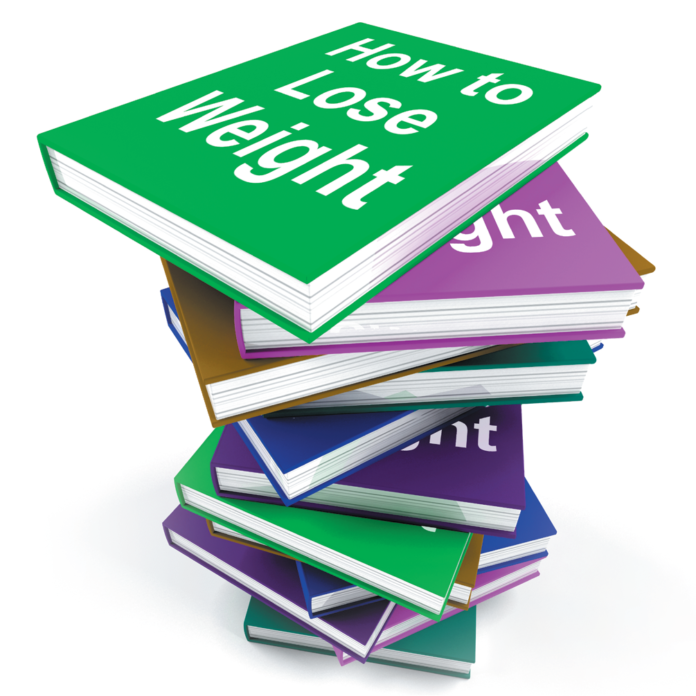While any plan that cuts calories will result in short-term weight loss, not all calorie-cutting measures are sustainable or good for our overall health. In general, experts favor a variety of high-quality, healthy foods in reasonable portions and argue against “fad diets” that cut out entire health-promoting food groups. Let’s see how a few popular diet types measure up:
Intermittent Fasting: These increasingly popular diets involve either time-restricted eating (all meals are eaten between 8AM and 3PM, for example) or a mix of regular eating days and days of fasting or very low-calorie intake (such as two 500-calorie days a week). Technically, all foods are allowed during unrestricted days or hours.
Does it Work? Research so far indicates intermittent fasting is no harder or easier to follow than more traditional calorie-cutting diets—and no more (or less) effective (see page 2 for a summary of the latest study). “The limited evidence we have suggests that people should find what works best for them,” says Dariush Mozaffarian, MD, DrPH, editor-in-chief of Tufts Health & Nutrition Letter, “be that intermittent fasting, three regular daily meals, or grazing (multiple small meals throughout the day). What you eat is more important than when.”
Is it Healthy? Intermittent fasting is not recommended for people with diabetes or eating disorders and is not appropriate for those who feel unwell when they don’t eat, are pregnant or breastfeeding, or are still growing. Make sure foods you do eat are healthy choices and provide a range of nutrients, including fiber, healthy fats, vitamins, and minerals.
Ketogenic Diets: Many tissues in our bodies run on glucose from carbohydrates. When deprived of carbs, the body produces an alternate fuel—ketones—by breaking down fat. Ketogenic diets require cutting back dramatically on all carbs, including sugars, grains and grain products (refined or whole), beans, fruits, starchy vegetables, and milk. Fats are expected to account for 70 to 80 percent of calories; non-starchy vegetables, some nuts and seeds, and dark chocolate are allowed. Versions of ketogenic eating include the very low-carb, high-protein Atkins diet, the South Beach and Dukan diets, and the Paleo diet, which will be discussed in the next section.
Does It Work? Short-term research studies show weight loss and improvement in weight-loss-related health parameters such as blood pressure, insulin resistance, and cholesterol and triglyceride levels. The extreme restrictions can make the diet hard to follow (and tedious). “In longer-term studies, people start to increase their carbs and ketogenesis is not maintained, but they still lose weight,” says Mozaffarian. “This suggests that cutting refined carbs and sugars, rather than ketogenesis itself, is most important.”
Is it Healthy? A strict ketogenic diet can be high in red and processed meats and low in healthy foods like fruits, beans, and minimally processed whole grains. “While the weight loss is beneficial, overall, a ketogenic diet may be best for initial short-term (a few months) weight loss,” says Mozffarian. “After that, focusing on keeping out the refined grains, starches, and sugars, and allowing back in other healthier foods like fruits and beans, may be the healthiest option.”
Women who are pregnant or intending to become pregnant should not consume ketogenic diets.
Paleo: Diets based on foods theoretically available to our hunter-gatherer ancestors have exploded in popularity. This diet typically excludes all grains (whole or refined), sugars (except a little honey), dairy products, white potatoes, legumes, salt, coffee, alcohol, most plant oils (except olive and coconut oils), and packaged foods. Meats (fresh and processed or preserved), fish, eggs, vegetables, fruits, nuts, seeds, and olive oil are allowed.
Does it Work? Some small, short term studies have shown weight loss and improved health parameters. Limited evidence suggests there is no long-term weight loss benefit with a Paleo-style diet compared to a healthy diet based on more typical dietary recommendations.
Is it Healthy? Intake of red meat, especially processed meats, at the levels recommended on this diet is associated with higher risk of death, cardiovascular disease, and diabetes. While the idea of eating natural whole foods and avoiding sugars and refined carbs is not a bad one, excluding whole grains and legumes cuts beneficial fiber and some vitamins, avoiding plant oils cuts healthy fats, and avoiding dairy may cause inadequate intakes of calcium and vitamin D.
Keep in mind we don’t really have the same foods available as our paleolithic ancestors—and that their life expectancy was rather short, so we don’t know what the effect of their diet would have been on the chronic diseases of aging we face now.

























Studies question the amount of meat eaten in our distant ancestors lives. A study from Harvard looking an plaque on prehistoric teeth suggest most is plant derived.